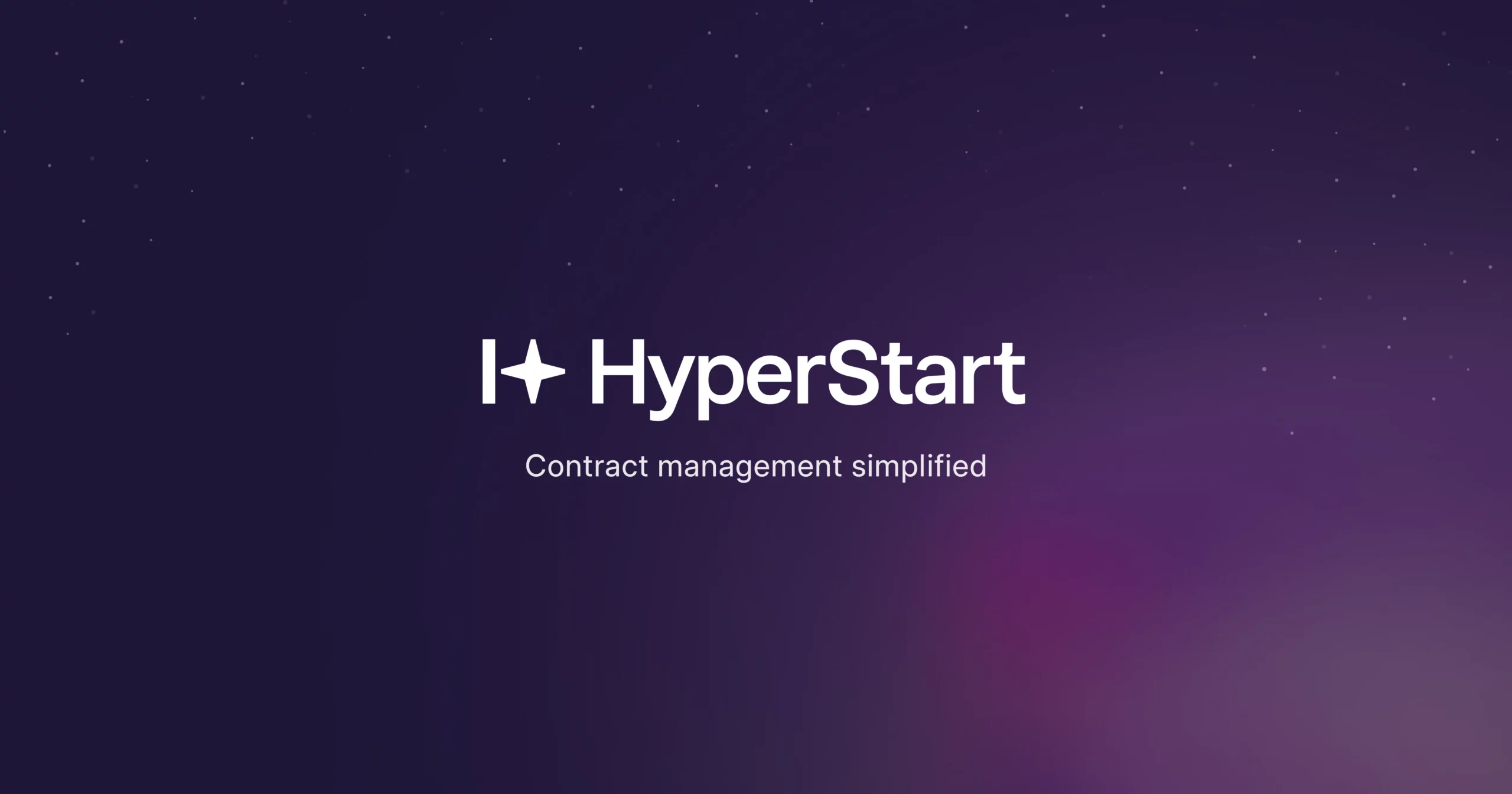The world of work continues to evolve. Besides the full-time employee, you have part-time consultants, external service providers, and independent contractors. This shift from traditionally hired employees to third-party arrangements is primarily because of the shifting nature of work, the preferences of workers, and the distribution of organizational structures. The collaboration offers advantages like access to specialized skills and cost-efficiency. However, establishing a clear working relationship is essential to avoid misunderstandings and ensure a smooth project flow. Here’s where an independent contractor agreement becomes crucial.
What is an independent contractor agreement?
An independent contractor agreement (ICA) is a legally binding document that outlines the terms and conditions for a working relationship between a business (client) and an independent contractor (freelancer). It serves as a roadmap for both parties, clarifying roles, responsibilities, and expectations.
When do you need one?
An independent contractor agreement is vital whenever you engage an independent contractor for your business needs. This could include tasks like:
Web development and design
Content creation and writing
Marketing and social media management
Consulting services
Administrative and technical support
Elements of a strong independent contractor agreement
A well-crafted independent contractor agreement should address the following key elements:
Introduction: Identify the business and the independent contractor. Briefly describe the project or engagement.
Scope of work: Define the specific services or deliverables expected from the independent contractor. Outline the project timeline and milestones. Establish deliverables format and acceptance criteria.
Compensation: Clearly specify the payment terms like fee structure (hourly, fixed rate, project-based), payment schedule (e.g., upfront, milestone-based, upon completion), late payment penalties (optional), and taxes and deductions (independent contractors are responsible for their own taxes).
Termination: Outline grounds for termination by either party, with or without cause, and notice periods required. Specify the process for handling unfinished work and intellectual property rights in case of termination.
Confidentiality: Protect the business’s sensitive information by requiring the independent contractor to maintain confidentiality. Define the scope of confidential information and the duration of confidentiality obligations.
Intellectual property & ownership: Clearly state who owns the intellectual property (IP) created during the project. Determine whether the business needs a license to use the IP created by the contractor.
Governing law: Specify the state or jurisdiction whose laws will govern the interpretation and enforcement of the agreement.
Best practices for a smooth collaboration
Beyond the core elements, here are additional practices to ensure a successful working relationship:
Build a positive and transparent relationship with clear communication from the beginning.
Define the length of engagement – Is it a one-time project or an ongoing collaboration?
Determine the scope of work with detailed specifications to avoid confusion.
Agree on terms and obligations for both parties to establish clear expectations.
Maintain confidentiality and ensure the contractor understands what information requires protection.
Additionally, you may also consider employing best practices in contract management if you’re dealing with high volumes of consulting
Other things to consider
Non-solicitation clause: Consider incorporating a clause restricting the contractor from soliciting business from the client’s customers or employees for a specific period after the project ends.
Dispute resolution: Define how to handle potential disputes, such as mediation or arbitration.
Automating independent contractor agreements
Manage contracts from creation through execution and renewal in one integrated contract lifecycle management tools, improving efficiency and reducing administrative burden.
Efficient contract creation: Utilize streamlined processes and templates to draft contracts quickly and accurately, minimizing manual effort and reducing the risk of errors.
Automated contract approval workflows: Simplify contract approvals with customizable workflows that reduce delays, ensuring contracts progress smoothly through the pipeline.
Advanced contract redlining and negotiation: Facilitate collaboration with tools that support real-time edits and comments, expediting negotiations and maintaining version control.
Secure contract execution: Incorporate eSignature software or integrations to finalize contracts swiftly and securely without the need for physical documentation.
Centralized contract repository: Store all contracts in a secure, easily accessible location, enabling quick retrieval and better organization for compliance and audits.
Automated obligation tracking: Use AI-powered tracking and notifications to stay on top of deadlines, renewals, and key milestones, ensuring no obligations are overlooked.
Real-time Inflight dashboard: Gain a comprehensive view of ongoing contract processes, including approvals, negotiations, and key performance metrics, to make informed decisions.
Enhanced compliance and risk management: Monitor contracts for regulatory compliance and manage potential risks with advanced reporting tools and analytics, ensuring adherence to legal and organizational standards.
By including these elements and best practices in your independent contractor agreement, you can foster a productive working relationship, mitigate risks, strategic advantage, driving efficiency, compliance, and scalability while minimizing risks and administrative overhead.
Try first. Subscribe later.
Boost your legal ops efficiency by 80%.





